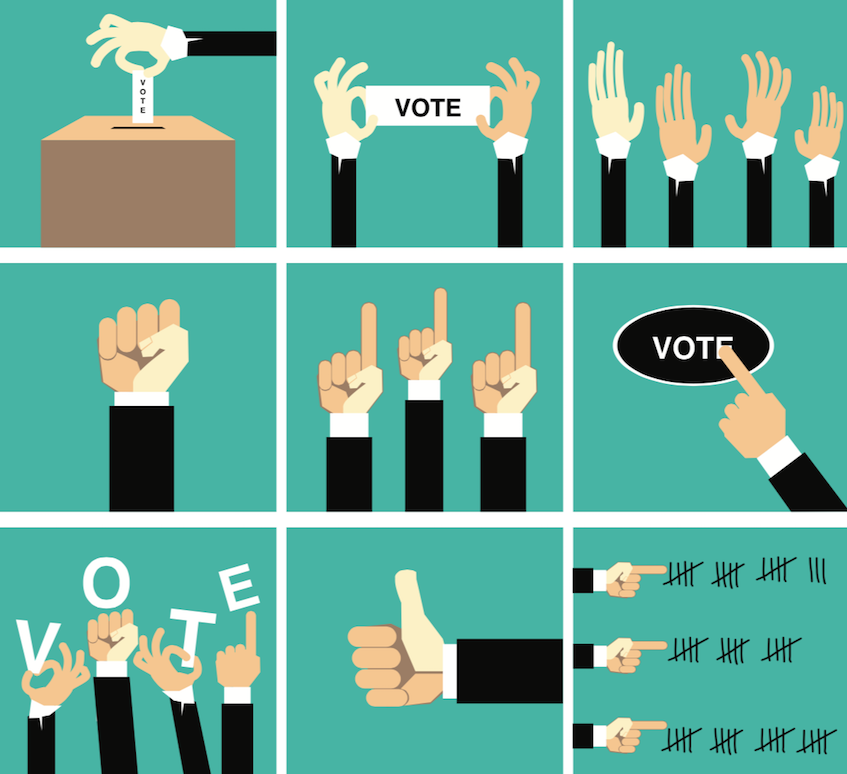Print Edition: June 17, 2015
 The first step to getting ballots in boxes is simple: stop thinking millennials don’t want to vote.
The first step to getting ballots in boxes is simple: stop thinking millennials don’t want to vote.
The truth is that we can and do want to be involved in politics — but the amount of research and effort it takes to make an informed decision takes time that could be used for other, more important things.
I understand the outrage that comes from calling politics “boring” or “unimportant,” but they are those things to youth, and I’ll explain why.
In the information age, millennials everywhere have the ability to research political parties and construct an informed opinion. If we wanted, we could subscribe to political reporters on Twitter, read about elections on Facebook, and even peek at the front page of the Globe and Mail or National Post when we’re waiting in line for our coffee orders. It’s getting easier and easier to understand politics — but the problem is that it’s still a lot of work.
Even with so much available to us, there is still history, bias, and language used by politicians and political reporters that can take years of studying political science to even understand. For those whose interests lie elsewhere, it can be intimidating to join in the discussion having very little to contribute.
Besides, why would we?
We have it pretty good. Compared to other countries, Canada has a pretty stable political system, low crime rates, and many people living above the poverty line. Corporate giants dominate the market, constantly innovating ways to make life simpler for us (here, I am thinking of pre-wrapped dishwasher tablets and K-cups).
Life is fairly easy for the average Canadian. We could go years living happily enough without noticing the effects of irresponsible budgeting or laws that encroach on our privacy online. Politicians know this, and apart from them warning us “not to vote for those guys” they leave us alone.
Those who are pursuing journalism, informed about politics, or writing futuristic dystopian novels are more aware than most of the dangers of a society that ignores its government. Simply put, the government gets away with stuff just like a child stealing snacks out of the cupboard — if nobody is watching, they won’t get in trouble.
The answer seems simple: have more eyes watching. Bring more clicks to your articles, more voices to your protest, and more ears to your broadcasts. I can hear a chorus of whining from the tiny roundtable of journalists inside my head, slamming down stacks of analytic data and screaming, “We’re trying! Just look at our Twitter! What more can we do?”
However, it’s not about writing more — I feel like getting millennials interested in voting comes down to writing smarter.
When I read a 750-word article of a political nature, I usually need a separate tab to look up words and phrases I don’t understand. The tiny journalists facepalm when I don’t immediately know what they mean by “caucus” or “party discipline.” But those journalists shouldn’t, and neither should I when I’m explaining what the Student Union Society (SUS) does. Instead, let’s go back to basics and make politics accessible for everyone.
For instance, we could highlight those words in articles and link them to definitions so readers can learn as they go. We could continue to support non-partisan organizations like Elections Canada, teaming up to make infographics and interactive maps online. We could make short YouTube videos, graphs based on historical data, and interesting stories that explain why what’s happening in the House of Commons is important to us in daily life. With all the information given to us, we could make politics interesting.
We could make people feel intelligent and involved when they read our coverage, instead of alienated and disinterested. If we used tools that get millennials interested in sports or music festivals, we could get millennials interested in voting. We could show them why they want to vote, and inspire a whole new generation of citizens. Using new tools could mean building a new Canada.


